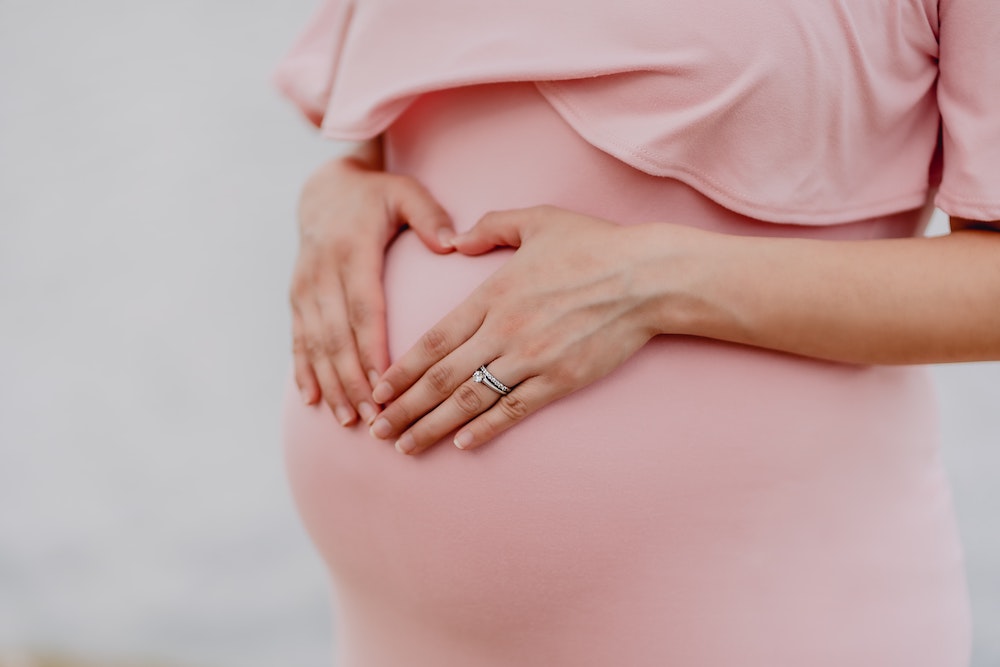Below are some simple tips to getting pregnant – these have been proven to increase chances of conception.
- Quality over quantity. It is important to have regular attempts in your fertile window. Thisis usually around 4 days before ovulation until 1 day after. During the days leading up to ovulation and the few days directly after, try to have intercourse every second day. Having intercourse every second day ensures that sperm is at it’s best.
- Keep it up! It is important to avoid abstinence throughout the rest of the month as regular ejaculation is necessary to keep the DNA of the sperm fresh and ready for conception. Men should be ejaculating at least every 4–5 days outside the fertile window.
- Elevate. You may have heard of this one, and it isn’t a myth – slightly elevate your pelvis directly after intercourse for 15 minutes to help ensure that the ejaculate remains in the cervix for longer. You don’t need to have legs up the wall, just don’t jump straight up and clean up!
- Lubricate sensibly. In cases of cervical damage or dryness try a sperm-friendly lubricant, such as Pre-Seed, which provides moisture without harming sperm. Other lubricants should be avoided due to their detrimental effects on sperm.
- Stay healthy and up your intake of vitamin C – it is important to avoid cold and flu tablets and anti-histamines while trying to conceive as they can compromise production of vaginal mucous and seminal fluid.
- Keep your pelvic floor toned! An orgasm, as well as pelvic floor exercises straight after intercourse, can increase chances of conception. Don’t worry if you don’t orgasm, just squeeze! Pelvic floor exercises will also help during labour and post-birth, so now there is even more of an incentive to squeeze those muscles!
- Best from behind. Intercourse from behind or in the missionary position can also increase chances of conception due to deeper penetration, especially if you have a retroverted uterus.
- Think positive thoughts. Ensure that you are in a positive frame of mind when you are trying to conceive. Positive visualisations and affirmations are very powerful tools.
- Try to relax – this is possibly to most frustrating thing to say to someone who is trying to conceive but relaxation techniques, such as deep breathing and meditation, can also be beneficial during conception. Relaxed muscles and increased circulation can help increase chances of conception and ensure healthy ovulation. If you feel stress building up that means it’s a good time to go for a massage or book a holiday!
- Reduce alcohol – studies have shown that simply sharing one bottle of wine per week can reduce a couple’s chance at IVF success by 26%. This means they were a quarter less likely to conceive that month after only a couple of glases of wine each!
While you might not be doing IVF, these results are still important for natural conceptions. Many studies on pregnancy outcomes are done on couple’s undergoing IVF simply because they are already collecting all their information and data. - Avoid caffeine – A 2016 study has found that just two servings of caffeine daily (by women AND men!) in the preconception period meant that it was twice as likely for miscarriage to occur. This includes tea, green tea, cola and coffee!
The study also showed that those taking multivitamins were 50% less likely to miscarry. This is one of the first studies showing the effect of men’s dietary choices in the preconception period…Don’t wait for studies to show the negative effects of everything before you choose to stop, if you are planning on attempting conception in the next three months (or already trying) – stop caffeine and alcohol today and boost your diet with baby friendly supplements.
How does alcohol, caffeine and stress affect fertility?
A 2009 study published in ‘Reproductive Biology Insights’ examined the effects of caffeine, alcohol and psychological stress on IVF outcomes. Studies have already shown that simply sharing one bottle of wine per week can reduce a couple’s chance at IVF success by 26%, however this study also looked at caffeine and stress in addition to the way in which alcohol had a negative effect on fertility.
For women:
Alcohol consumption was associated with:
- Reduced number of oocytes retrieved
- Lower pregnancy rates and spontaneous abortions
Female stress negatively affected nearly all endpoints including:
- Decreased fertilization
- Lower pregnancy rates
- Increased spontaneous abortions
- Low birth infants and multiple gestations
Female caffeine consumption had an effect on:
- Increased miscarriage
- Infants with decreased gestational age
For Men:
Alcohol consumption negatively affected achieving a live birth, while caffeine consumption resulted in an increased number of multiple gestations.
Studies like these highlight the importance of preconception care. Ideally avoid all caffeine and alcohol in the 3-4 months prior to attempting conception. Stress is harder to avoid but good nutrition, adequate sleep, regular exercise, meditation and enjoying hobbies can all be helpful.
So there you have it ! More tips to getting pregnant and also information on preconception care can be found at http://theseedconcept.com







